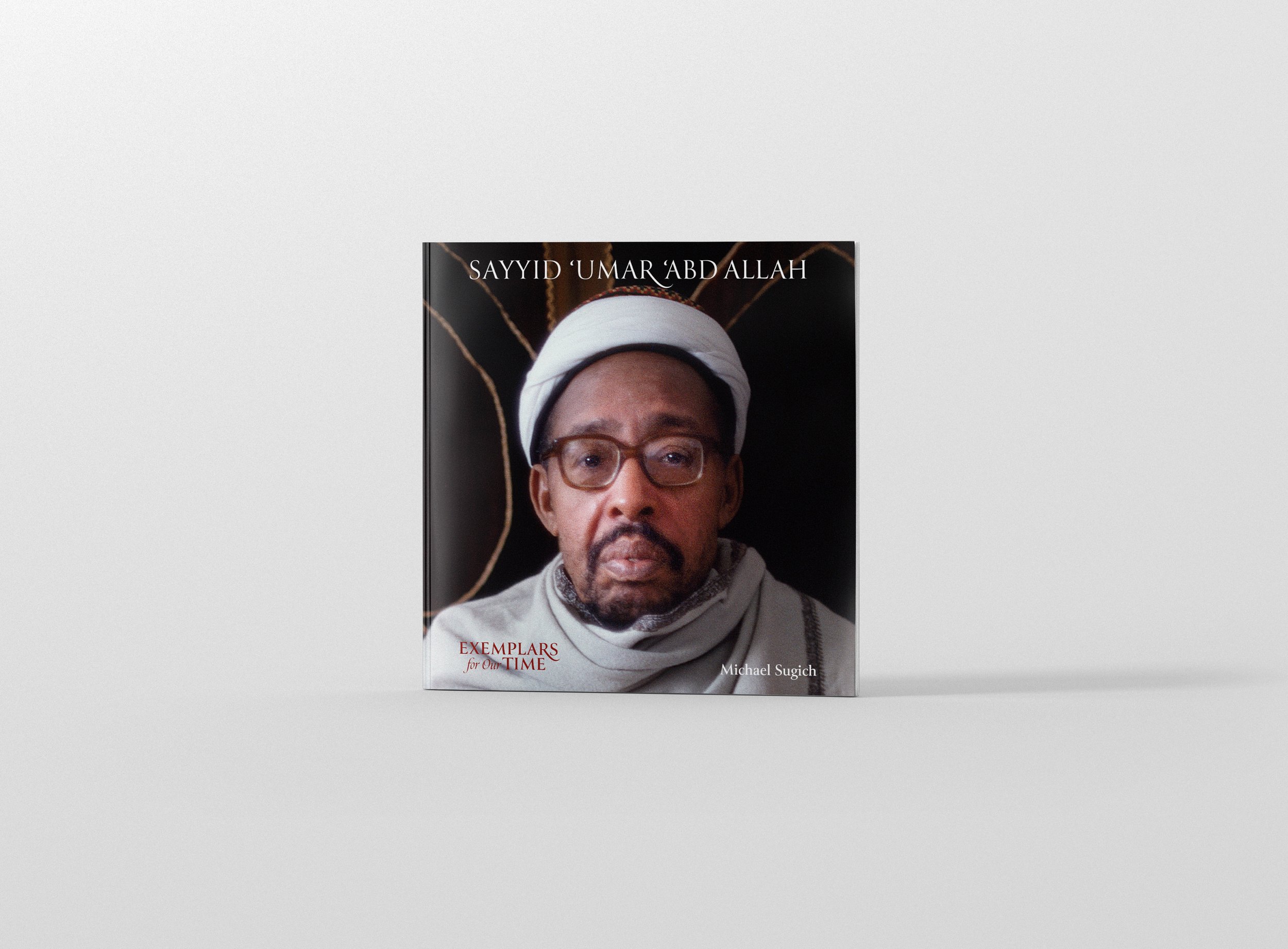
Volume Five
Sayyid ‘Umar ‘Abdallah: The Blessed One by Michael Sugich
Pre-orders of the 9-Volume Boxset ship at the end of June
For orders from UK please contact photos@petersanders.com
Sayyid ‘Umar ‘Abdullah Mwinyi Baraka (1918-1988) was a highly influential East African educator and diplomat and a charismatic interpreter in multiple languages of the tolerance and beauty of Islam. A towering figure in education in East Africa, he was the first educator to successfully synthesize traditional Islamic teaching with secular education and had a profound influence on many leaders of post-independence East Africa, including his student Dr. Ali Mwinyi, the second President of Tanzania.
Born in Zanzibar of Comorean parents, Sayyid ‘Umar was a descendant of the Ba ‘Alawi saint Habib Abu Bakr ibn Salem. He was steeped in traditional studies from early childhood and was one of the first East African Muslims in the colonial era to matriculate through the secular education system, completing his studies at Oxford University. His true education came through his long association with his spiritual master, the great Ba ‘Alawi saint Habib ‘Umar ibn Sumayt. He was a galvanic orator and spiritual guide who elicited love wherever he was. His biography is authored by Michael Sugich, who was his close student for seven years, from 1981 until his death in 1988.
“When I set out to write this short biography of Sayyid ‘Umar ‘Abdallah it dawned on me that, although I was his student for seven years, from 1981 until his death, and wrote about him in Signs on the Horizons, I actually knew very little about his life. He didn’t talk about himself much. Whatever personal information he did share was to impart knowledge and wisdom. He was always, in every moment, teaching not only by words but by example. In reconstructing his life, I was stunned to learn about all the many barriers he had to surmount, the struggles he had and the traumatic reverses and losses he suffered throughout his life. He never let on. He never let up. He brought joy with him and high aspiration and understanding and the best opinion of God and His creation.
“The other thing that struck me was that the momentous life I just described seems like something of a sideshow to the reality of this extraordinary man of God. Mwinyi Baraka was a working man, a wage earner, always in harness. Yet, from the time I first met him in 1975 until the last time I saw him a few months before he died, he never gave any impression that he was ever actually working, in the sense we usually think of work. In fact, he was always working, always teaching, ceaselessly nurturing. His real life revolved around the remembrance of God, visiting other men of God, helping young people, speaking about Islam, meeting new people, calling them to God. When I was with him, we were constantly on the move, visiting people of the path, attending gatherings of knowledge and remembrance. Being with Mwinyi Baraka was a perpetual conversation, an ongoing adventure, a movable feast.”





